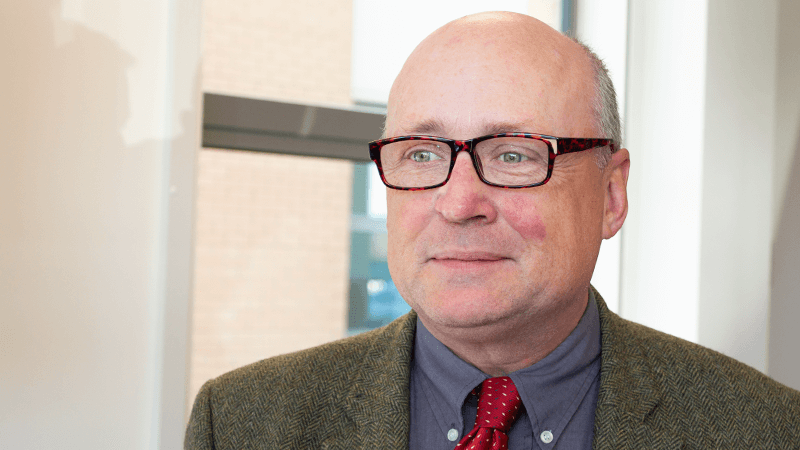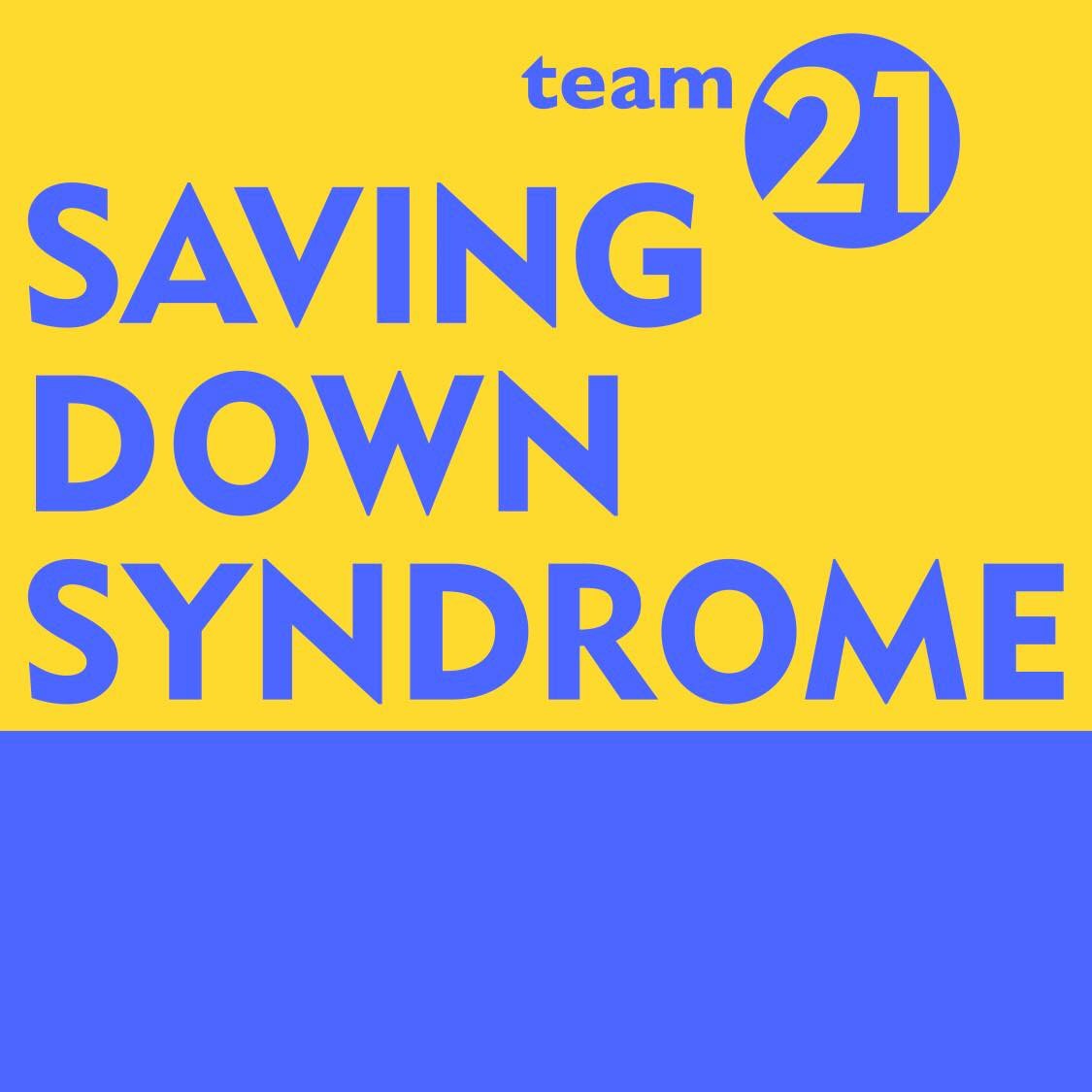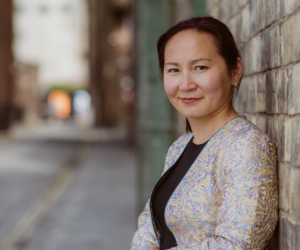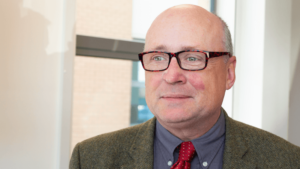
“Equality in value and worth is the foundation of civilisation”
Part 1
Dr Calum MacKellar is one of the leading contemporary bioethicists. He is the Director of Research of Scottish Council of Human Bioethics, a Fellow of the Center for Bioethics & Human Dignity at Trinity International University, Chicago, USA, and a Visiting Lecturer and Visiting Professor in Bioethics at St Mary’s University in London. He was also a senior civil servant with the Bioethics Division of the Council of Europe in Strasbourg, France. Dr MacKellar is the author of several books, including The Image of God, Personhood and The Embryo and Cyborg Mind; he also co-edited The Ethics of New Eugenics. His latest book is entitled Christianity and the New Eugenics: Should We Choose to Have Only Healthy or Enhanced Children?. Dr MacKellar was kind enough to answer some questions for Saving Down syndrome.
We are speaking on the grounds of Down syndrome. What would be your take on the genetic categorisation of people with Down syndrome in comparison to the rest of the population? As it is a stable karyotypic constitution, would you call Down syndrome a variant of the human genome, a departure from standard or simply a disorder? In genetic terms, is there a scientific reason for hierarchy?
Personally, I would simply consider Down syndrome as a variant of the human genome. We all have different genomes (apart from identical twins) and we are all different biologically. It is very difficult to define what is ‘normal’. Is anyone really normal?
From a purely scientific perspective there is no reason for any hierarchy in disorders. But then again, science cannot give any real value and worth to anyone. From a purely scientific perspective we are all just piles of worthless biological cells.
The previous question is closely connected to the concept of normalcy. People with Down syndrome are in the jeopardy of being seen as “less human”. What is your take on that?
In the same way as there is no definition of what is a ‘normal human being’, there is no definition of the ‘human’. Even the Council of Europe has not defined what ‘human’ means though the European Convention on Human Rights mentions the ‘human’.
What matters is whether an individual is a person. And individuals with Down syndrome are certainly persons like any other person.
What would be your definition of eugenics?
The definition of eugenics that the Scottish Council on Human Bioethics (SCHB) uses in its book on the topic (The Ethics of the New Eugenics, Berghahn Books, 2014) is: “Strategies and decisions aims at affecting, in a manner which is considered to be positive, the genetic heritage of a child, a community or humanity in general”.
The SCHB is completely opposed to eugenics since it undermines the concept of equality in value and worth of all human beings in society.
There is a sharp discrepancy between the bioethical reasoning on selective abortions and the situation in the field. How would you explain the fact that such practices have been normalized in the population and even unofficially encouraged by the system, in spite of being almost self-evidently eugenic?
Abortion has been normalised in society because of a number of factors, including: (1) The fact that many people begin to consider something as normal and acceptable when it is legalised by their parliament; (2) The media are often really encouraging society to see abortion as normal and acceptable; (3) The general public is often not that well informed about what is really going on relating to abortion (because the media have their own agenda).
For example, the BBC (which is financed by the UK government) have now clearly stated that they will only talk about Pro-choice and Anti-choice individuals (and never Pro-life and Anti-life).
The Down syndrome community is in obvious jeopardy of eradication, yet many parents and pertinent institutions do not see the availability of eugenic “choice” as an issue. What would you say to them?
There is a lot of misunderstanding in society about eugenics. In fact, the word may not even be used. Instead, an expression such as ‘Therapeutic Selection’ may be employed. It sounds a lot more positive and medical. Most individuals who have an abortion in the UK, especially since counselling is not obligatory, have no real understanding of all the ethical challenges related to abortion.
(To be continued)
Image by The Christian Institute






